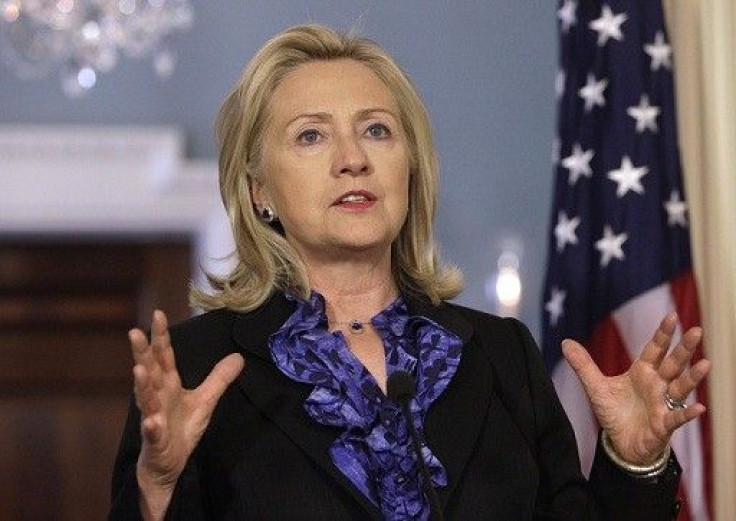U.S. Donates $17M More for Somalia Famine Relief
Analysis

The U.S. will donate an additional $17 million to nations in the Horn of Africa coping with severe drought, Secretary of State Hillary Clinton announced.
"What is happening in the Horn of Africa is the most severe humanitarian emergency in the world today, and the worst that East Africa has seen in several decades," Clinton said in a statement. "The United States and our partners in the region, including the World Food Program, the UN High Commissioner for Refugees, UNICEF, NGOs and donor governments, are racing to save as many lives as possible."
More than 2 million people have fled their homes in Somalia due to the worst drought in decades.
The latest U.S. funds allocation follows a $105 million relief package President Barack Obama approved this week, which brought total U.S. government assistance to the Horn of Africa to $508 million, The New York Times reported Friday.
Further, Clinton underscored that while meeting urgent needs for food and nutrition are paramount at this time for those in Somalia, South Sudan, Djibouti, Ethiopia, and Kenya, policy makers must implement long-term policies to prevent future famines.
"Though food shortages may be triggered by drought, they are not caused by drought, but rather by weak or nonexistent agricultural systems that fail to produce enough food or market opportunities in good times and break down completely in the bad times," Clinton said in a speech at the International Food Policy Research Institute.
"In other words, a hunger crisis is not solely an act of God. It is a complex problem of infrastructure, governance, markets, education," she said. "These are things we can shape and strengthen. So this means that this is a problem that we can solve if we have the will."
Political/Public Policy Analysis: About 12.4 million people have been affected by the East Africa drought and famine, which wasn't given a high enough priority by developed world leaders. They're now playing catchup.
Further, as Secretary of State Clinton underscored, both short-term and long-term efforts are needed -- the former to prevent famine from spreading, the second to put mechanisms in place to prevent it from reoccuring.
© Copyright IBTimes 2024. All rights reserved.











